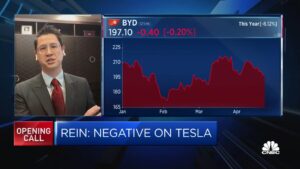
Starbucks sold 60 percent of its China business earlier this week, hoping that local input could help its operation. But Shanghai-based business analyst Ben Cavender sees that the US company still has major difficulties in cracking the Chinese market, he writes at WHTC.com.
WHTC:
Yet challenges remain. Ben Cavender, managing director at Shanghai-based China Market Research Group, said Starbucks’ brand is caught in a “really awkward position” in China.
Budget-conscious consumers are flocking to Luckin or Yum China’s KCOFFEE, while younger and more sophisticated drinkers are gravitating to boutique cafés offering better ambiance and quality at similar prices.
“Starbucks is competing with an offer which by definition is a bit more unique and funky and interesting to the consumer,” Cavender said.
Starbucks China division generated around $3.1 billion in net sales last year, according to quarterly filings, compared to nearly $3 billion in 2024. Luckin reported slightly more than $3.6 billion in sales for the fiscal year ending in February.
Starbucks did not disclose the licensing terms in the deal. Yum China, which launched KCOFFEE in 2022, pays licensing fees to Yum equal to 3% of net system sales, according to filings.
Ben Cavender is a speaker at the China Speakers Bureau. Do you need him at your meeting or conference? Do get in touch or fill in our speakers’ request form.
Are you looking for more stories by Ben Cavender? Do check out this list.














